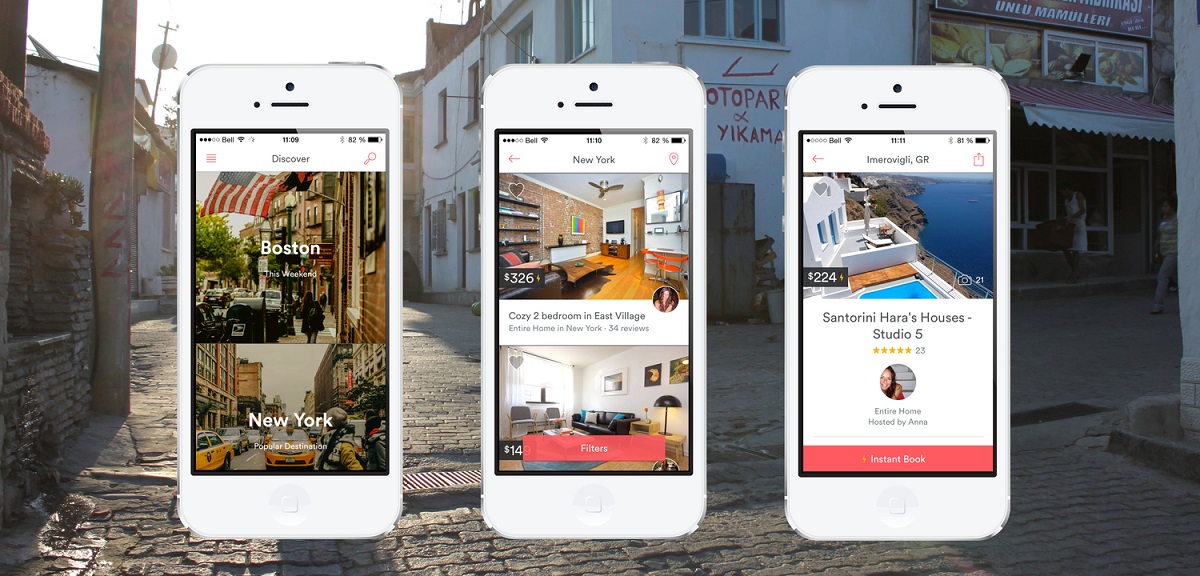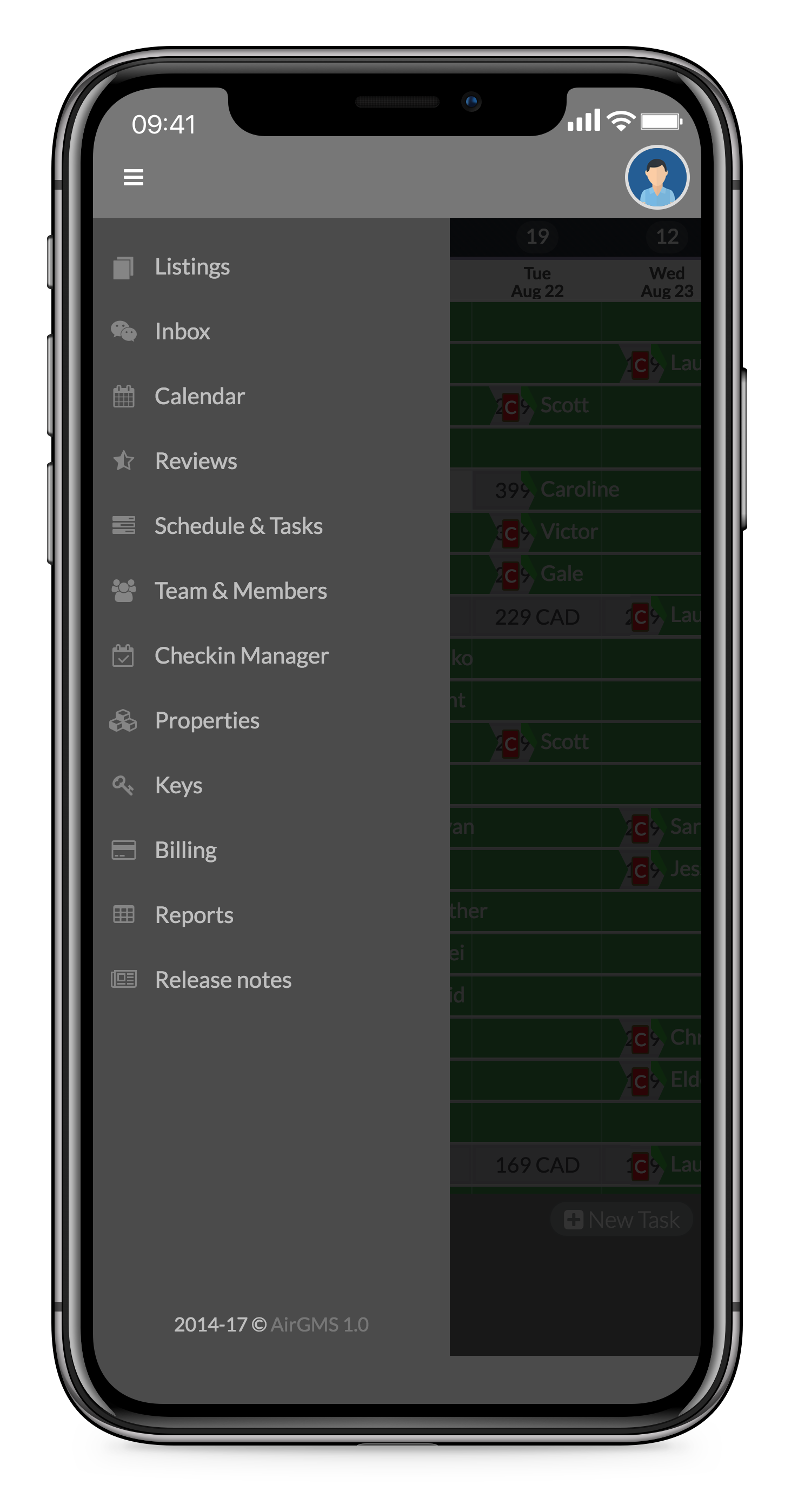


Today’s new features are aimed at giving you the ability to really enjoy your travels.

“The idea was ‘what if you could go to any country, city in the world, and feel like you belong in that city?'” “This was never really about space,” he said. In the past 3 months alone, 15 million guests have stayed in these homes, which is the equivalent of the number of people that stayed in listings in Airbnb’s first six years. So we’re not really here to change travel, but to change the way you live through travel.”Ĭhesky also spoke about the company’s progress: 2.25 million homes are available on the platform across 191 countries. You tour a city center, but you live in a neighborhood. You stay in a hotel, but you live in a home. He explained that the main reason why people travel on Airbnb is because they want to “live like a local.” But how is this different from “traveling”? According to Chesky: “Going is travel, but living is a deeper experience. Brian Chesky, Airbnb’s chief executive, said that one thing that hasn’t really been solved is mass tourism, where you’re constantly standing in lines or doing “touristy things” without really “living” the moment. This shot across the bow of TripAdvisor starts off with 3 million tips from 35 cities, including Austin, Bangkok, Barcelona, Lake Tahoe, London, Los Angeles, Seoul, Sydney, and San Francisco.Īt an event in its San Francisco headquarters, the on-demand accommodation company sought to change how we thought about travel and tourism. It’s like Yelp, but with content curated by local hosts focused on helping you really enjoy your stay. Looking at the information on San Francisco, the service shares tips on the food scene, drinks and nightlife, sightseeing and attractions, parks and nature, arts and culture, and shopping. Lastly, guidebooks show you the best spots around the city, as described by local hosts. The app also includes a reinvigorated Neighborhoods feature, which Airbnb unveiled in 2012, that now covers 691 neighborhoods across 23 cities. Using machine learning, the system pairs up guests and hosts. Bringing the concept of search into the booking process, matching features an algorithm that will use data from travelers, such as their preferences and what their ideal trip is, to match them with hosts.


 0 kommentar(er)
0 kommentar(er)
